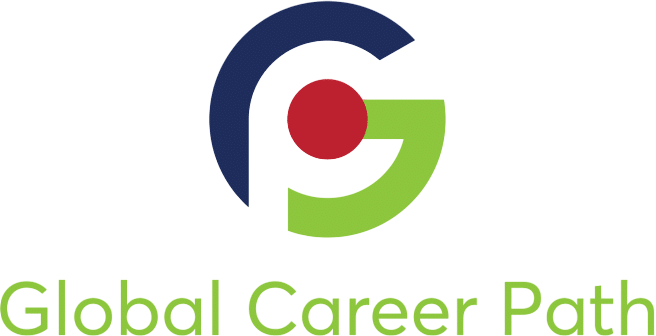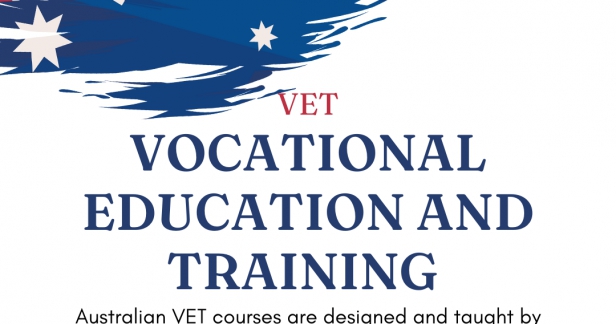In today's fast-paced and ever-evolving job market, career guidance has become a crucial tool for working professionals seeking to navigate their career paths successfully. Unlike previous generations, where a linear career progression was often the norm, today's professionals face a landscape filled with dynamic opportunities and challenges. Career guidance provides the necessary support and direction to help individuals make informed decisions, adapt to changes, and achieve long-term success.
The Dynamic Nature of Modern Careers
The concept of a "job for life" has become increasingly rare. Instead, professionals now experience frequent job changes, role evolutions, and even complete career shifts. Technological advancements, globalization, and changing industry demands contribute to this dynamic environment. As a result, continuous learning and adaptability are essential for career longevity and success.
Benefits of Career Guidance
- Clarity and Direction: Career guidance helps professionals gain clarity about their strengths, weaknesses, and career aspirations. By understanding their skills and interests, individuals can set realistic goals and create actionable plans to achieve them.
- Skill Development: The guidance process often involves identifying skill gaps and recommending appropriate training or education. This proactive approach ensures that professionals remain competitive and relevant in their fields.
- Career Transitions: For those considering a career change, guidance provides the necessary support to navigate the transition smoothly. This includes exploring new career options, understanding the requirements of different roles, and developing a strategy for making the switch.
- Work-Life Balance: Career guidance also emphasizes the importance of work-life balance. Professionals can learn to manage their time effectively, set boundaries, and prioritize their well-being alongside their career ambitions.
- Networking Opportunities: Guidance often includes advice on building and maintaining a professional network. Strong networks can provide valuable insights, mentorship, and job opportunities, which are crucial for career advancement.
Implementing Career Guidance
Career guidance can be implemented through various methods:
- One-on-One Coaching: Personalized coaching sessions with career counselors or mentors can provide tailored advice and support based on an individual's unique circumstances.
- Workshops and Seminars: Organizations can offer workshops and seminars focused on career development topics such as resume building, interview skills, and professional branding.
- Online Resources: Numerous online platforms offer career assessment tools, e-learning courses, and virtual coaching sessions. These resources provide flexibility for professionals to access guidance at their convenience.
- Professional Associations: Joining professional associations relevant to one's field can offer access to career development resources, industry insights, and networking events.
The Role of Employers
Employers play a significant role in supporting career guidance for their employees. By investing in career development programs, organizations can foster a culture of growth and continuous improvement. This not only enhances employee satisfaction and retention but also contributes to the overall success of the organization.
Conclusion
In a world where career paths are no longer linear, career guidance is indispensable for working professionals. It provides the tools and support needed to navigate the complexities of modern careers, ensuring that individuals can achieve their professional goals and secure a successful future. By embracing career guidance, professionals can adapt to changes, seize opportunities, and build fulfilling and sustainable careers.





